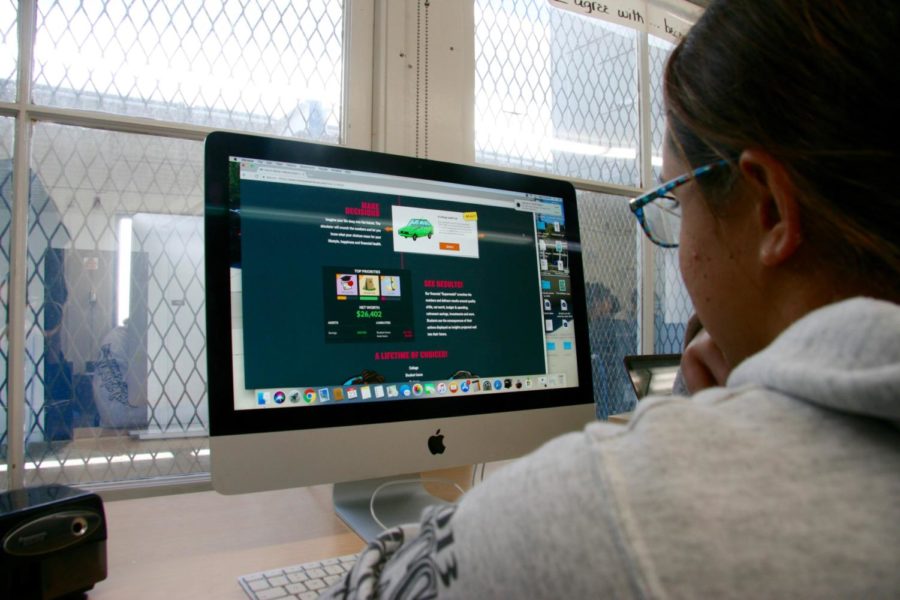Pali Plans New Financial Literacy Course
January 29, 2019
Director of Development Mike Rawson is working with Pali Administration to begin offering a financial literacy course. The course would be taught over eight hours in Economics classes, which are mandatory for all seniors.
“It’s stemming from our Career Technical Education (CTE) program,” Rawson explained. “The state is challenging schools to have their students not only be college ready but career ready.”
The objective of this new program is to create a strong work force and to provide students with the information to make them financially responsible. In order to achieve this goal, Pali will be using a program called Money Experience, created by Redstar Ventures, whose goal is to help students gain a better understanding of how to make critical financial decisions.

The program’s webpage states that “instead of emphasizing math, [the program] concentrates on teaching critical financial concepts through interactions with relatable characters in a graphic novel format… [and] a sophisticated life simulator designed by financial experts.”
One of the things that drew Rawson to Money Experience was that it didn’t need to be its own class. The program’s curriculum includes reading a graphic novel, having class discussions and making decisions about their priorities.
After viewing the software demo, Rawson remarked that it was “really really cool” but said that it still needed refining. According to Rawson, “the graphic novel looks way too cartoonish for the kids and they’re going to laugh at it and they won’t take it seriously…they’re incorporating that into the next new version of this software.”
Rawson said the course is designed to give students a road map of their financial future, even though it may change after college and depending on their career.
The program costs $20.00 per student, but Rawson is hopeful that Pali will receive a grant so every senior can take this course. The cost also includes the training for the teachers.
The class would most likely start fall semester of next year because “it doesn’t require a lot of extra work except for some initial training for the teacher,” Rawson said.
“The last couple years [History Teacher Peyman] Nazarian has had me come in to his econ class and do an investments class, but I realized there was a lot more that kids really need to understand like the impact of taxes,” Rawson said. “We feel that there’s a real opportunity here.”












